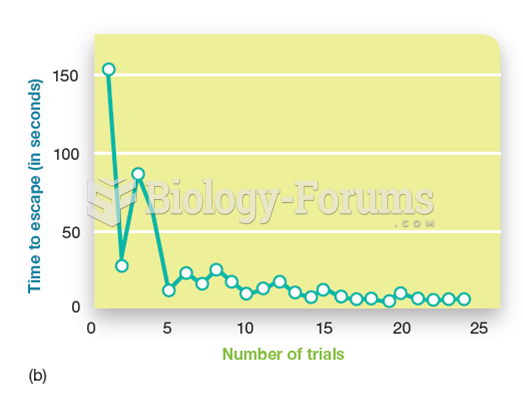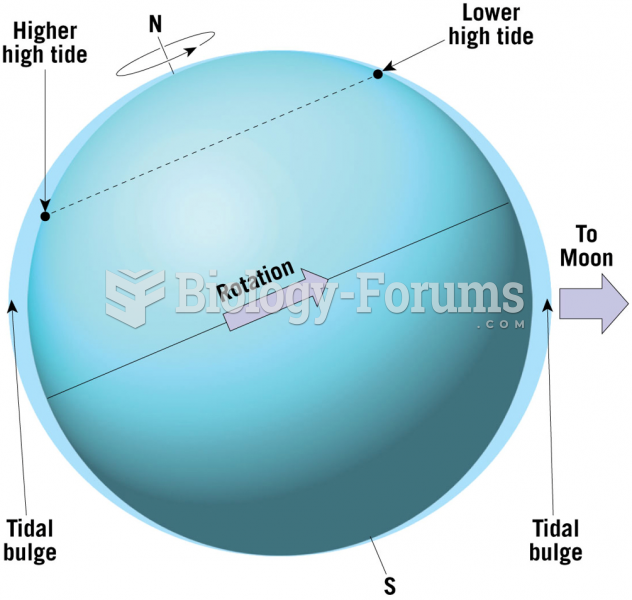|
|
|
Did you know?
Cyanide works by making the human body unable to use oxygen.
Did you know?
Cucumber slices relieve headaches by tightening blood vessels, reducing blood flow to the area, and relieving pressure.
Did you know?
Most childhood vaccines are 90–99% effective in preventing disease. Side effects are rarely serious.
Did you know?
Eat fiber! A diet high in fiber can help lower cholesterol levels by as much as 10%.
Did you know?
The first oral chemotherapy drug for colon cancer was approved by FDA in 2001.







